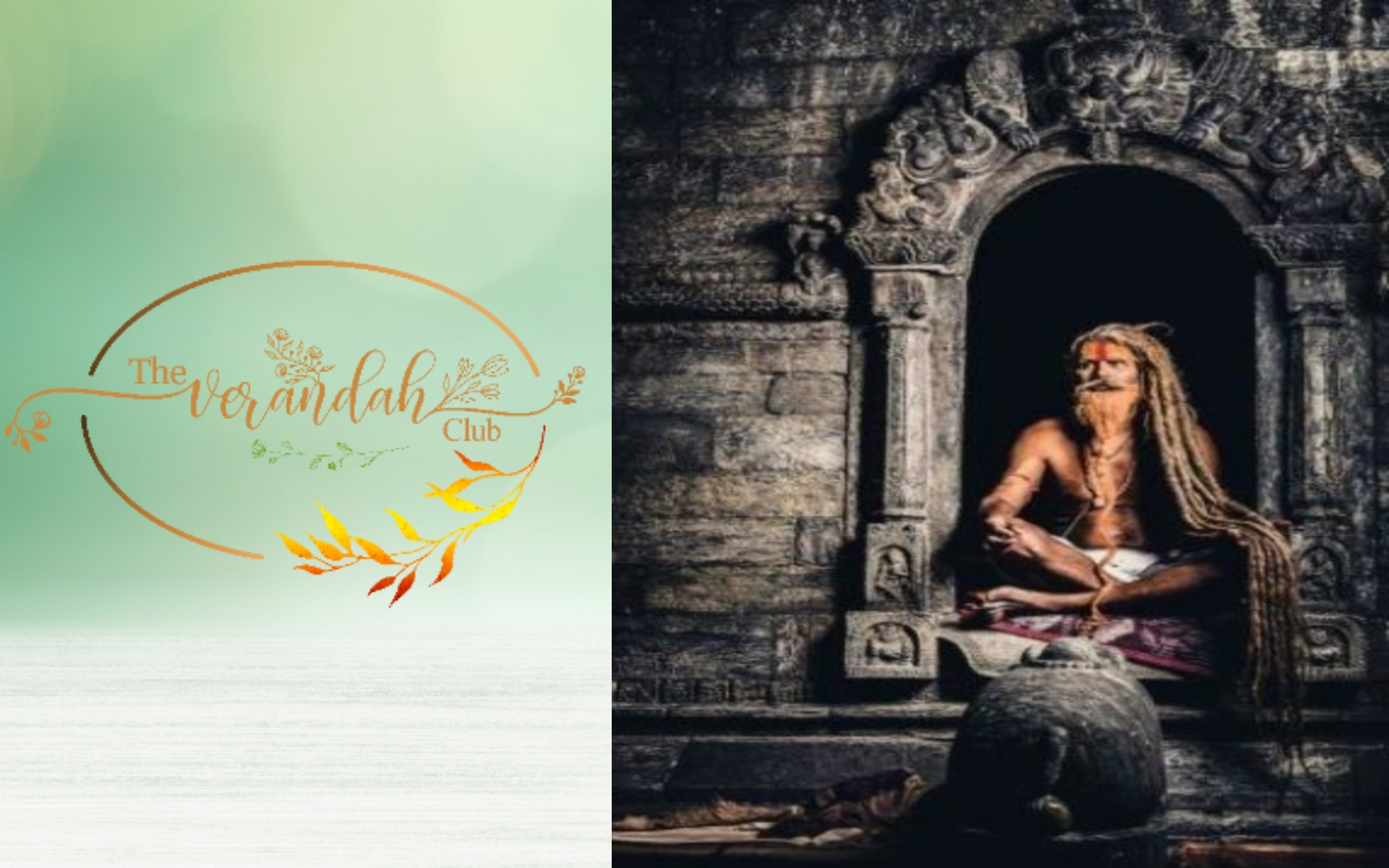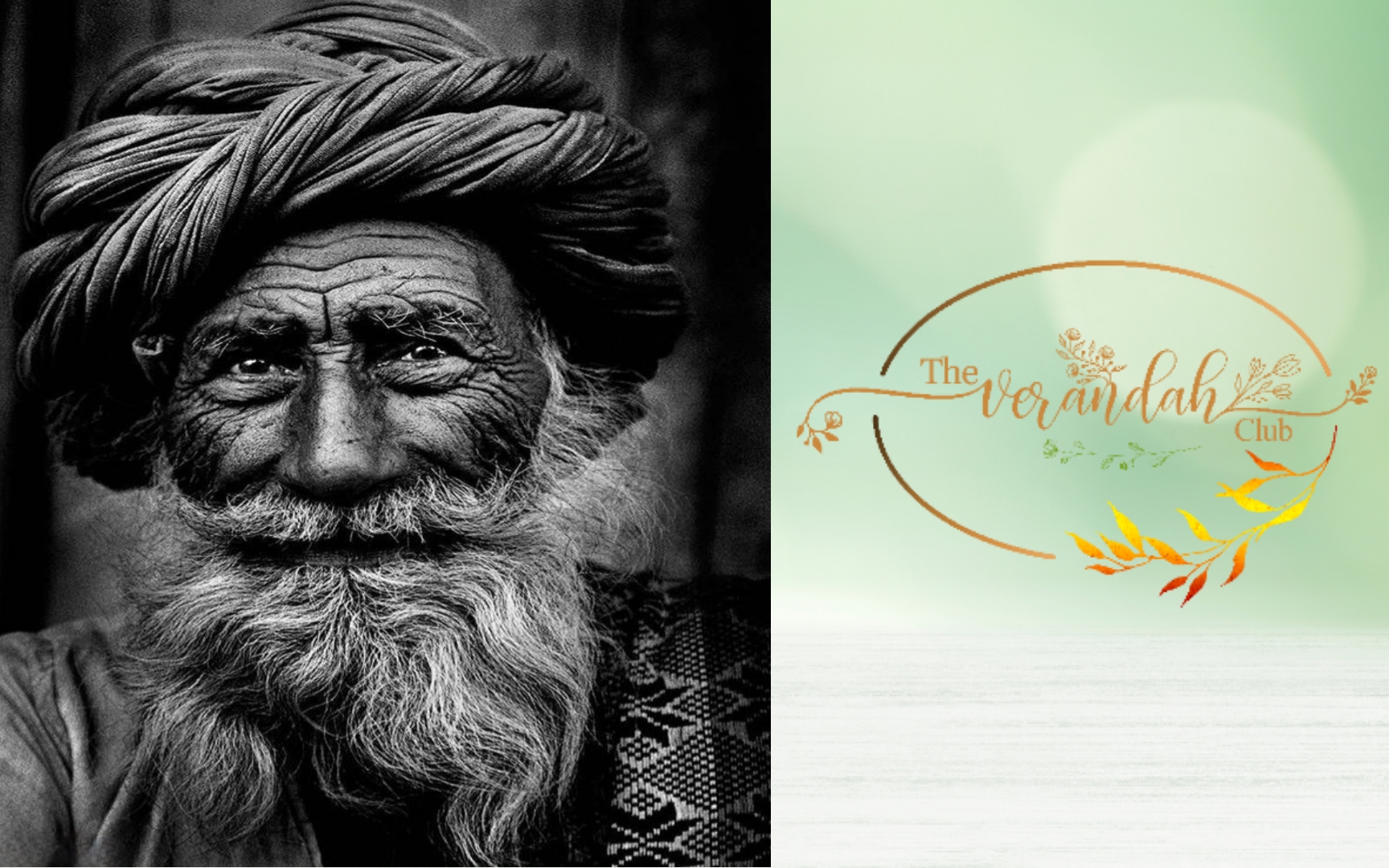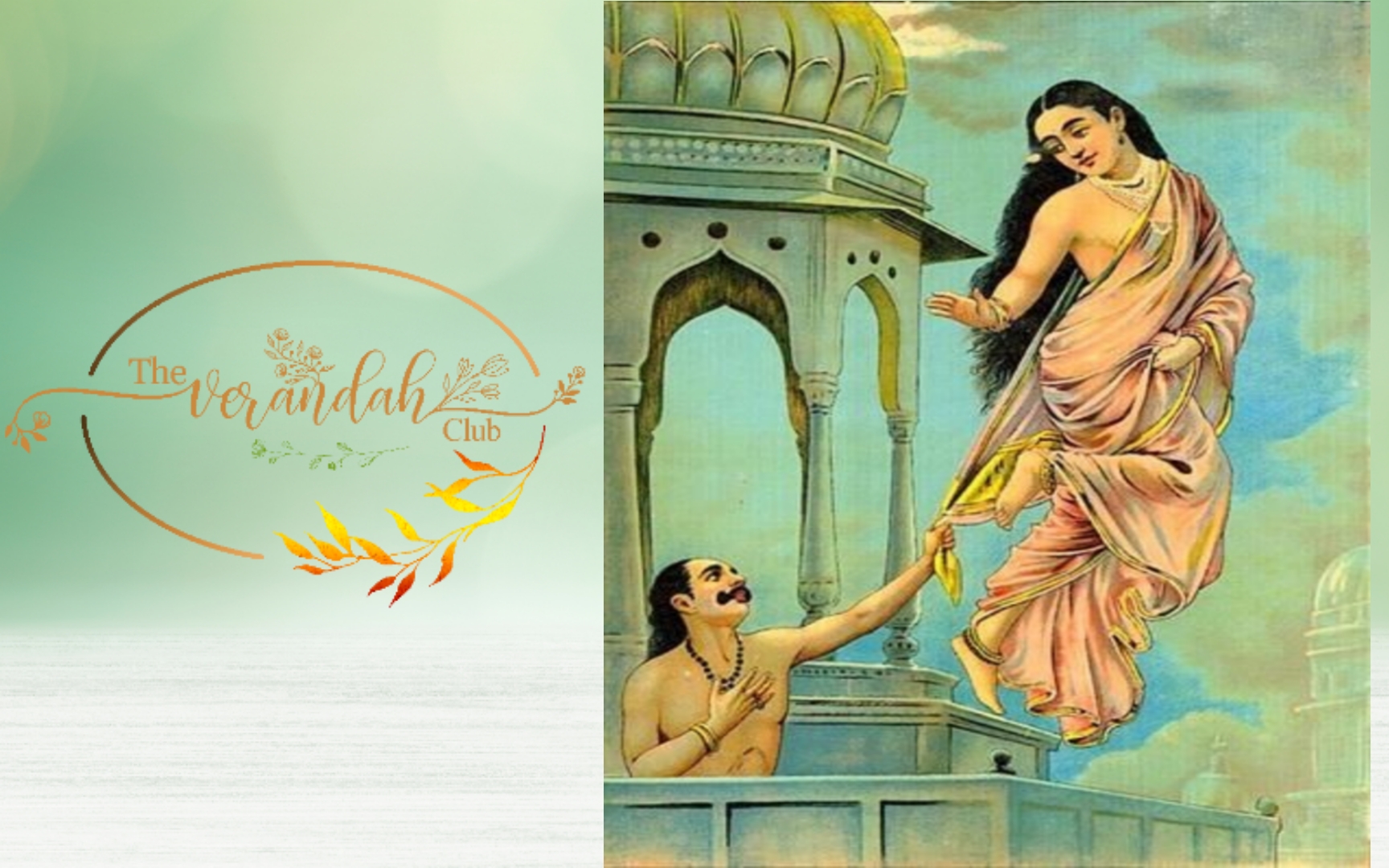Bharthruhari’s Vairagya Sathakam - II
The Sanskrit word, ‘Vairagya’ has been roughly translated as ‘Refrain,’ but the word refers to resolute refrain and more. Bharthruhari’s poem is about a yogi’s preparations to sainthood. He is not interested in anything mundane. He is on a flight with his soul, which is ever eager to sever the earthly bondage and attain the lotus feet of Lord Shiva, the saint of saints, the Lord of Kailas, the great redeemer.
‘Vairagya Sathakam’ - Centum Verses of Refrain is a discourse on one of the important aspects of Yoga. It prescribes Sanyas or total renunciation of all earthly attachments of body and mind and stay focused on the lotus feet of the Lord. Bharthruhari demands an undaunted plunge into the spiritual river and a soulful swim as long as the physical frame is pleased to last.
While the centum on Vairagya is a primarily addressed to the aspiring yogis, it does have a larger utility. Think of a person in a dilemma of having to succumb to temptation or to stay wedded to his values. Bharthruhari, unequivocally recommends the latter.
(Continued…)

6. Kṣātaṁ Na Kṣamayā Gṛhocitasukhaṁ Na Tyaktaṁ Na Santoṣata-
ssoḍho Dussahaśītatāpapavanakleśo Na Taptaṁ Tapaḥ;
Dhyātaṁ Vittamarniśaṁ Niyamitaprāṇairna Śamboḥ Padaṁ,
Tattatkarma Kṛtaṃ Yadeva Munibhistaistaiḥ Phalairvañcitāḥ.
Translation:
Nay, not out of patience we bear insults my dear;
Nay, not out of pleasure we quit our homes, I fear;
Nay, not out of penance we brave unkind weather,
Nay, not for love we worship, but to get wealthier,
Nay, not for inspiration do we look to saints of yore,
Alas! Like laughable fools we, to great heights soar!

7. Bhogā Na Bhuktā Vayameva Bhuktāstapo Na Taptaṁ Vayameva Tapāḥ,
Kālo Na Yāto Vayameva Yātāstṛṣṇā Na Jīrṇā Vayameva Jīrṇāḥ.
Translation:
Be it, enjoyment of life or meditation,
These have certain time and duration,
But, endless desire and greed persist.
Alas! These two, can’t we at all resist?

8. Valirbhikhamākrāntaṁ Palitenāṅkitaṁ Śiraḥ,
Gātrāṇi Śithilāyante Tṛṇaikā Taruṇāyate.
Translation:
In the limbs, greying hair, and ripe wrinkling face,
Again shows, but greed and desire show no trace!

9. Vivekavyākośe Vidadhati Śame Śāmyati Tṛṣā,
Pariṣvaṅge Tuṅge Prasaratitarāṁ Sā Pariṇatā;
Jarājīrṇaiśvaryyagrasanagahanākṣepakṛpaṇa-
stṛṣāpātraṁ Yasyāṁ Bhavati Marutāmapyadhipatiḥ.
Translation:
Desire recedes for a while and comes back,
Doubling its vigour to deal our spirit a whack,
Did not Indra, the king of Gods go for a spin
Doused in desire for power, wealth and sin?

10. Nivṛttā Bhogecchā Puruṣabahumāno ̍pi Galita-
ssamānāḥ Svaryātāḥ Sapadi Suhṛdo Jīvitasamāḥ;
Śanairyaṣṭyuttānaṁ Ghanatimiraruddhe Ca Nayane,
Aho Mūḍhaḥ Kāyastadapi Maraṇāpāyacakitaḥ.
Translation:
Desire is dead; pride has perished; my friends,
Inseparable and noble have gone to dead ends,
My sight has dimmed, my aging body is sinking,
Yet I desire to go on just for sheer love of living!

Sridharan Kidambi, born in 1938 at Chittoor (Now in Andhra Pradesh), took his M. A. Degree in Economics from Vivekananda College in 1962. He was a research scholar of the Madras University for two years. He is interested in a wide range of subjects like astronomy, poetry, comparative religion, philosophy, classical music, lyrics etc. Besides Tamil, his mother tongue and English, the academic language, he is familiar with Telugu, Sanskrit, and Russian.
NEXT ARTICLE